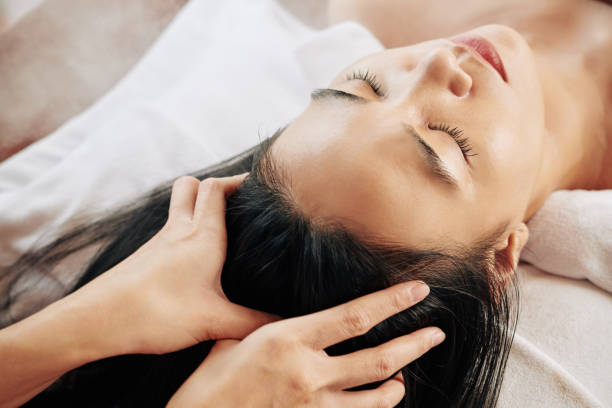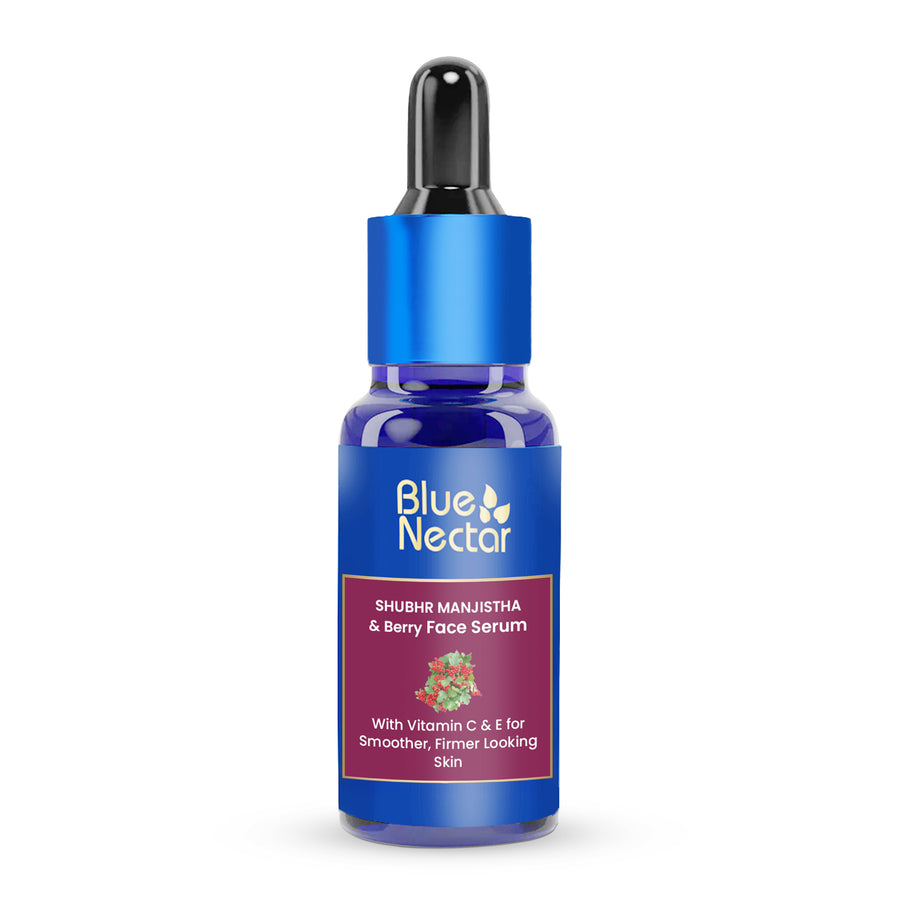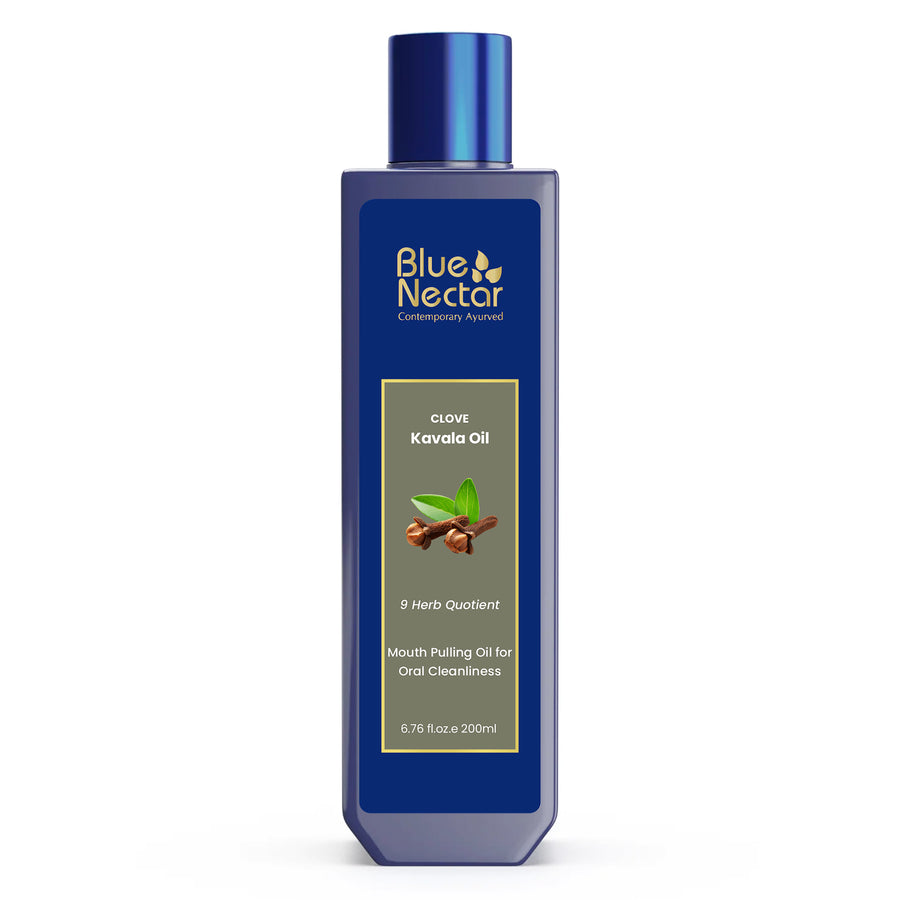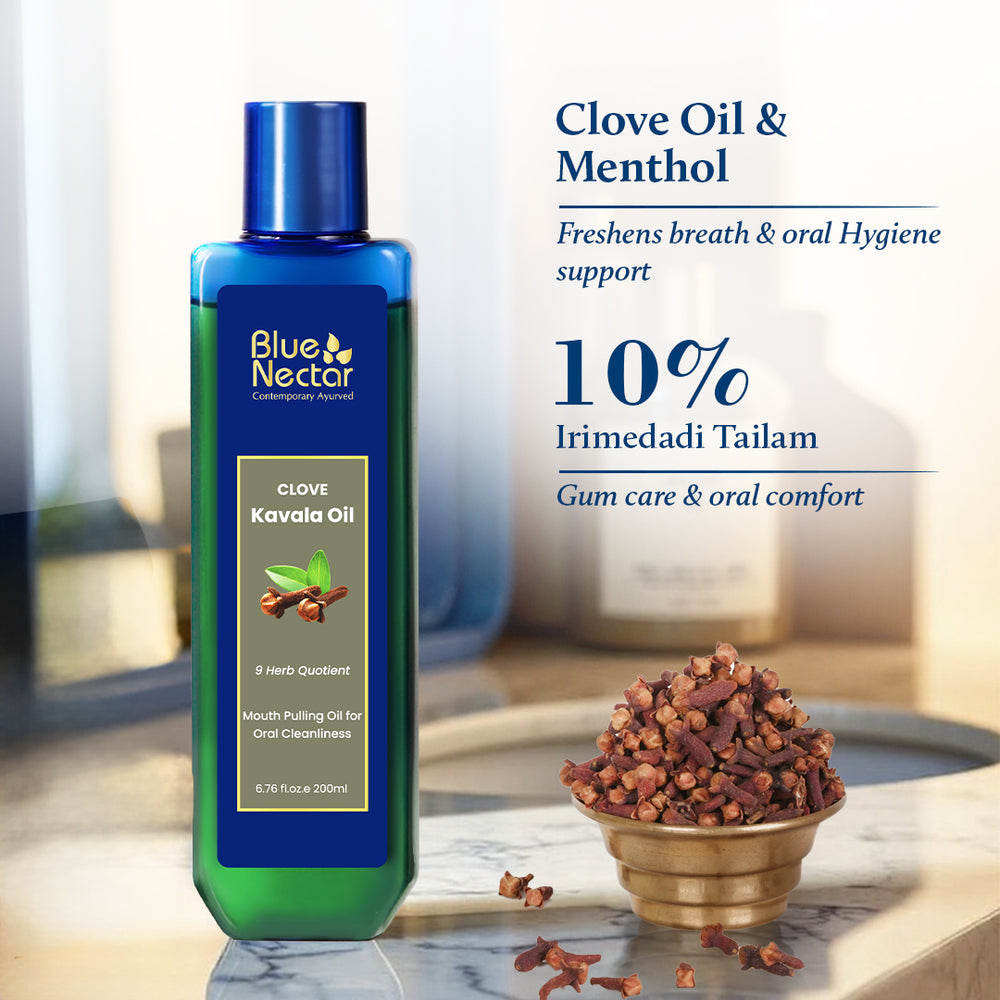Hair Oil Routines: DIY Infusions, Massage & Post-Wash Tips
Look, we all know hair oiling is supposed to be magical. Glossier strands, stronger roots, maybe even a Disney princess braid if you do it right. But somewhere between slapping coconut oil on like it's sunscreen and frantically shampooing four times because it just won’t come off, something gets... lost.

Here’s the real tea: it’s not just about which oil you use. It’s about how you use it. (Shocking, we know.)
Whether you’re trying to rescue your dead ends, grow baby hairs, or just pretend you're That Girl on self-care Sundays, your essential oils hair routine needs actual strategy.
We’re talking pre-wash hacks, scalp massage skills you didn’t know you needed, and DIY oil blends that’ll make you feel mildly like an herbal witch.
Ready to oil smarter, not harder? Let’s get into it!
Table of Contents: |
Why Your Oiling Routine Matters Just as Much as the Oil
Do you ever start using your expensive skincare on your face without cleansing first? No, right? (I hope not!) Hair oiling follows the same logic.
The when, how, and how long you use your oils can completely change the results.
You might have the right hair oil figured out, but applying it at the wrong time, skipping massage, or even overdoing it might lead you to clogging your scalp instead of nourishing it.
When used correctly, as opposed to being a routine, oiling might actually become scalp therapy, deep conditioning, and a preventive treatment against damage, ALL in one.
Pre-Wash vs Post-Wash Oiling
There’s a lot of debate around this. Beauty influencers recommend pre-wash oiling, whereas moms and nanis (or as per tradition) recommend post-wash oiling. Whom should you listen to?
Truth be told, both are beneficial. However, the benefits are different:
-
Pre-wash oiling is more for deeply conditioning your hair. You apply it before shampooing, let it sink in, and wash it out later. This helps to protect your hair from drying out during washing and improves its strength over time.
-
Post-wash oiling is more of a finishing touch for your hair. It’s done to lock in moisture, add shine and tame frizz without requiring any rinsing.
|
Pre-Wash Oiling |
Post-Wash Oiling |
|
Protects against shampoo damage |
Seals in moisture |
|
Provides deep nourishment |
Adds shine and softness |
|
Ideal for dry, damaged, or curly hair |
Ideal for frizzy, fine, or straight hair |
Pro Tip: If you're using heavy oils like castor or coconut, pre-wash works best. For lighter oils like argan or jojoba, post-wash is ideal.
Scalp Massage Techniques for Better Absorption
The oil doesn’t work its magic on its own. It needs a little push from you too. After applying the required amount of oil, you must properly massage your scalp so that the oil can deeply penetrate your scalp.
Benefits of scalp massaging include increased blood circulation, better oil penetration, and relaxing your nervous system.
Hands vs Tools
-
Hands: Warm your oil slightly. Use your fingertips, not nails. Apply gentle to medium pressure.
-
Tools: Scalp massagers (silicone ones are okay; wooden ones are best!) can give your fingers a break and help spread the oil evenly.

Ayurvedic Techniques
Oil massage, or champi, in Ayurveda involves circular movements, pressure points and a calm, mindful approach. Massage for at least 5-10 minutes.
Bonus tip: Flip your head upside down for a few minutes during the massage. It boosts circulation dramatically (it’s called the inversion method).
How Much Oil Should You Actually Use?
Yes, it needs to be addressed. Sometimes, people have the most impeccable routines for using homemade hair oil for growth, and yet this one tiny thing is where they go wrong. In fact, the right amount makes more of a difference than the type of oil you use.
Here’s a helpful cheat sheet:
-
Scalp: 5-7 drops (yes, drops; you read that right)
-
Mid-Lengths: 1-2 pumps
-
Ends: A pea-sized amount
-
Curly Hair: More on the ends, less on the scalp
-
Fine Hair: Use the bare minimum, or hello oily scalp!
If your hair looks like it’s ready to fry onions… you used too much. If your hair drinks the oil in 10 minutes and still feels dry… you used too little.
DIY Hair Oil Infusions
DIY oil infusions are easier, cheaper, and way more clean than store-bought ones.
Base Oils vs Essential Oils
-
Base oils (Carrier oils): Coconut, almond, olive, and jojoba – your ‘bulk’ oil.
-
Essential oils: Concentrated plant oils like rosemary, lavender, and peppermint.
Warning: Never apply essential oils directly to your scalp without diluting them first.
5 Easy Infusion Recipes
1. Rosemary Growth Booster
-
3 tbsp coconut oil
-
5 drops rosemary essential oil
→ Stimulates hair growth and improves thickness.
2. Anti-Frizz Argan Mist
-
2 tbsp argan oil
-
3 drops lavender essential oil
→ Perfect for post-wash shine and smoothness.
3. Peppermint Fresh Scalp Infusion
-
3 tbsp jojoba oil
-
4 drops peppermint essential oil
→ Soothes itchy or oily scalp.
4. Hibiscus Blossom Repair Oil
-
Soak 2 dried hibiscus flowers in warm almond oil overnight.
-
Strain before using.
5. Fenugreek Strengthening Mix
-
Infuse 1 tsp of fenugreek seeds in 3 tbsp of olive oil for 24 hours.
→ Helps in reducing hair fall.
Storage Tips
-
Always store your infused oils in dark glass bottles to avoid sunlight damage.
-
Keep them in a cool, dry place.
-
Homemade oils typically last 1–3 months.

Hair Oil Mistakes to Avoid
Oil is amazing, but it’s not foolproof. Here are some things you might be doing wrong:
-
Leaving Oil Too Long: Leaving oil in your hair overnight is only okay if done once in a while. Doing it for days leads to clogged pores and dandruff.
-
Using Way Too Much: “Using more oil means more results.” False! You only need a coin-sized amount for your scalp + 1-2 pumps for mid-lengths.
-
Skipping the Wash: Always rinse thoroughly. Lingering oil directly equates to buildup, breakouts, and dullness.
Solutions and Fixes
-
If your hair feels greasy after washing, use a clarifying shampoo once a month.
-
Always double shampoo if needed.
-
Dilute heavy oils with lighter ones if they’re hard to wash out.
Who Should Avoid Certain Oils
Not every oil loves every scalp. Here’s who needs to be cautious:
-
Sensitive Skin: Essential oils hair treatments can irritate. Always do a patch test.
-
Coloured Hair: Heavy oils like coconut can fade colour faster. Stick to argan or grapeseed.
-
Allergies: Nut oils like almond oil are risky if you have nut allergies, so skip them.
Conclusion
At the end of the day, your hair doesn't care how expensive your oils are if you're just winging it like a chaotic alchemist.
Essential oils hair routines aren’t about dumping half a bottle on your scalp and hoping for the best—they’re about a little strategy, a little patience, and maybe a little arm workout (seriously, that scalp massage is no joke).
So the next time you’re tempted to rage-buy another "miracle oil", remember: smarter routines > mindless rituals.
Oil like you mean it, massage like you love it, and watch your hair finally start acting like it’s on your side.
You’ve got this. (And if you don't? At least your bathroom will smell amazing.)






















I tried these infusions, and it hasn’t been long, but I can already see the changes. I’m super grateful for this 🙌
Leave a comment